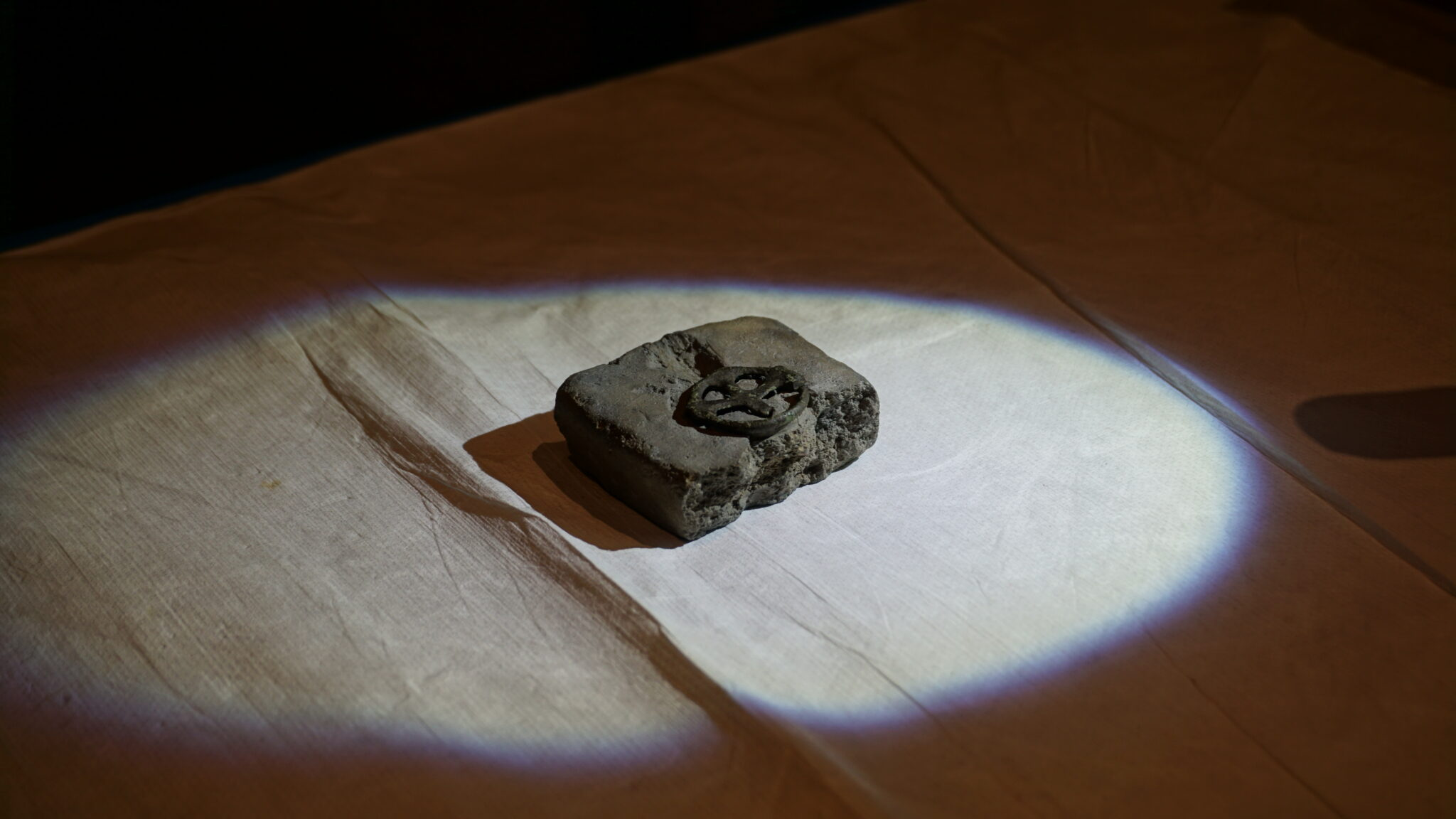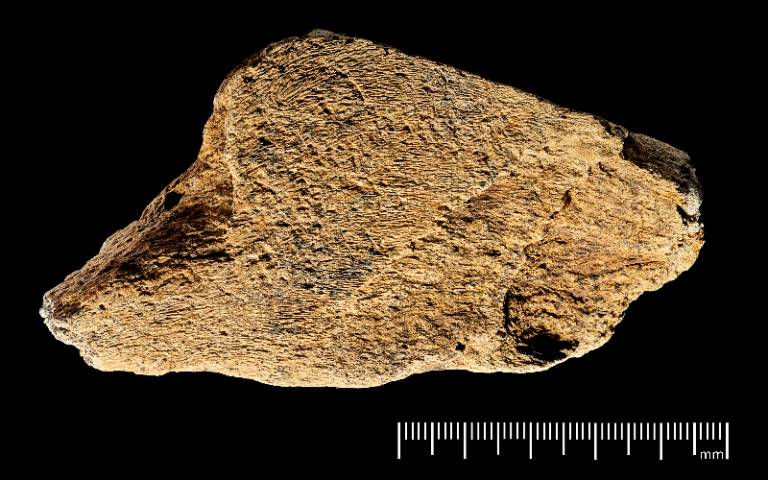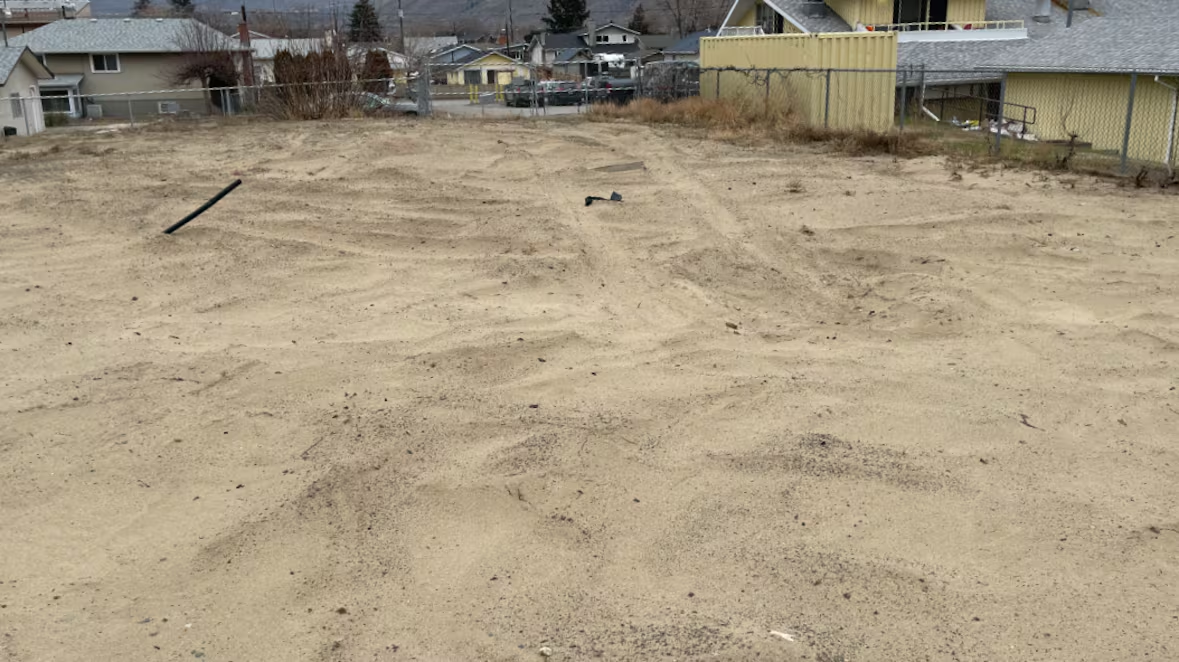In underwater archaeological research at the submerged Neolithic site of Soline on the island of Korčula, archaeologists from the University of Zadar have discovered the remains of a road dating back nearly 7,000 years, according to a statement from the university.
Beneath layers of marine sediment, a road connecting a submerged prehistoric settlement with the coast of the island of Korčula has been uncovered, the university adds. The road consisted of carefully laid stone slabs, part of a 4-metre-wide communication route that connected the artificially created island with the shore.
Radiocarbon analysis of preserved wood found in a previous archaeological campaign dated the entire settlement to around 4900 BC. People walked on this road nearly 7,000 years ago, as stated in the University of Zadar's press release. At the same time, on the other side of Korčula, archaeologists from the University of Zadar are conducting terrestrial research near the bay of Gradina, near Vela Luka.
Research leader Igor Borzić noticed peculiar structures in the bay, and the archaeological team diving at the Soline site conducted a survey of the central part of the Gradina bay. To their general excitement, they discovered the presence of an almost identical settlement at a depth of four to five metres, similar to the one found in Soline, the statement highlights.
Neolithic artefacts such as flint blades, stone axes, and fragments of querns have been found at the site.






